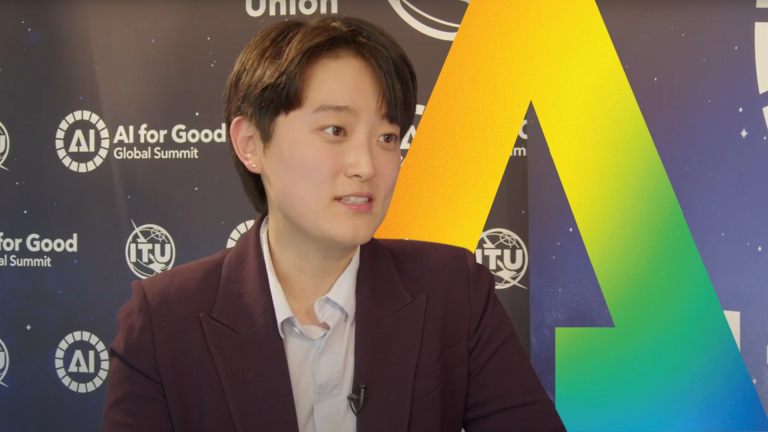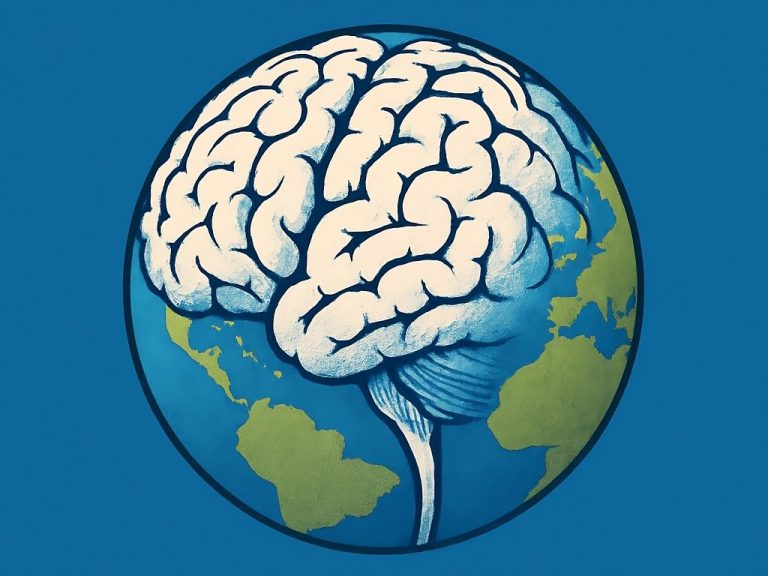Sam Altman Confirms OpenAI’s Commitment to Nonprofit Values Amid Restructuring
OpenAI’s Vision for the Future: A Commitment to Nonprofit Integrity
Have you ever considered what it entails for a company aiming to create a “brain for the world” to mature quickly without compromising its essence? OpenAI has recently provided insights into this journey as it strives to maintain its nonprofit foundation during a significant restructuring.
CEO Sam Altman has outlined a clear direction: while they are adjusting their financial strategies, their core mission to develop Artificial General Intelligence (AGI) for the benefit of all remains intact. In an open letter, Altman stated, “OpenAI is not a normal company and never will be.” This assertive declaration highlights the challenges the organization faces in financing transformative technology while staying true to its ethical principles.
Reflecting on OpenAI’s early days, Altman described a vastly different scenario from the tech giant it has become. “When we started OpenAI, we did not have a detailed sense for how we were going to accomplish our mission,” he recalled. Initial discussions among the founding members often revolved around defining their research goals, lacking elaborate business plans or product trajectories. The potential of AI to provide medical advice, revolutionize education, or require immense computing resources was far from their minds at that time.
Moreover, the company’s initial mindset suggested AI should be entrusted only to a select few who could manage its potential. This perspective has dramatically shifted. “We now see a way for AGI to directly empower everyone as the most capable tool in human history,” declared Altman. The lofty aspiration? Enabling access to AGI for all, fostering incredible innovations for humanity’s advancement. Although some might misuse such technology, Altman expresses confidence in humanity: “We trust humanity and believe the good will significantly outweigh the bad.”
Their approach, termed “democratic AI,” aims to provide groundbreaking tools to all. OpenAI even discusses the possibility of open-sourcing advanced models, encouraging public input on ChatGPT’s functionality. “We want to build a brain for the world and simplify access to it, while maintaining a few restrictions to ensure freedom doesn’t infringe on others’ rights,” Altman explained.
Many individuals are already leveraging these capabilities: scientists are analyzing data efficiently, programmers are enhancing productivity, and users are turning to ChatGPT for health insights or guidance through challenging situations. However, OpenAI recognizes that the demand for AI is far exceeding its current production capacity. “We currently cannot supply nearly as much AI as the world wants,” Altman admitted.
This relentless desire for AI, combined with the substantial resources required to fulfill it, drives OpenAI towards evolving beyond its strict nonprofit framework. Altman summarized their restructuring objectives into three primary goals:
- Financial Growth: They need to generate “hundreds of billions and may eventually require trillions of dollars” to ensure their AI tools can benefit everyone globally, akin to establishing a worldwide superhighway for intelligence.
- Enhancing the Nonprofit Sector: Their aim is to evolve their nonprofit division into “the largest and most effective nonprofit in history,” leveraging AI to create substantial positive impacts on people’s lives.
- Ensuring Safe AGI Development: This involves a firm commitment to safety and ethical alignment with human values. Altman takes pride in OpenAI’s initiatives, including innovative “red teaming” techniques to uncover flaws in their AI systems through testing.
So, what does this transformation entail? It is essential to note that the nonprofit segment of OpenAI will remain at the forefront of decision-making. This commitment wasn’t taken lightly; it followed extensive discussions with civic leaders and various legal entities.
OpenAI originated as a nonprofit organization and continues to function as one today, overseeing a for-profit entity. According to Altman, this structure will persist in the future. The change being implemented is the transition of the current for-profit LLC into a Public Benefit Corporation (PBC). For those unfamiliar, a PBC is a type of business that is legally required to prioritize its public benefit mission alongside its profit-making activities. Companies like Patagonia or other ethical food brands exemplify this model, aiming to do good while operating as businesses. This shift is also reflected in other AGI (Artificial General Intelligence) labs such as Anthropic, indicating a growing trend among purpose-driven tech firms.
Additionally, OpenAI is moving away from its previous “capped-profit” model, which seemed appropriate when there was a risk of a single company monopolizing AGI development. With numerous competitors now in the field, Altman noted that a typical capital structure, where all stakeholders hold stock, is more straightforward. The nonprofit component of OpenAI won’t just play a supervisory role; it will also become a significant stakeholder in the new PBC. Altman mentioned that this configuration will allow the nonprofit to access substantial resources to invest in programs aimed at benefiting various communities through AI.
As the PBC generates revenue, the nonprofit will receive additional funds to support initiatives in sectors like health, education, and science. There are even plans for a special commission to explore ways that nonprofit endeavors can enhance the democratization of AI. Wrapping up with a message of optimism, Altman expressed confidence, stating, “We believe this sets us up to continue to make rapid, safe progress and to put great AI in the hands of everyone.” OpenAI’s strategy is clearly designed to secure significant funding required for AGI development while embedding its dedication to benefiting humanity into its core mission. The tech industry, along with a broad audience, will be eager to see if OpenAI can successfully navigate this complex path.
For those interested in AI and big data insights from industry leaders, the AI & Big Data Expo taking place in Amsterdam, California, and London offers a comprehensive opportunity. This event is co-located with other significant gatherings, including the Intelligent Automation Conference, BlockX, Digital Transformation Week, and Cyber Security & Cloud Expo.
Reddit Sues Anthropic Over AI Data Scraping
Reddit has initiated legal action against Anthropic, accusing the company of scraping data unlawfully for its AI models. This case highlights the ongoing tensions between social media platforms and AI developers regarding data usage and privacy protections.
The Modern ROI Imperative: AI Deployment, Security, and Governance
As organizations increasingly invest in AI technologies, there is a pressing need to address deployment strategies, security measures, and governance policies. Effective management of these factors is key to ensuring a positive return on investment (ROI) in AI initiatives.
AI Enables Shift from Enablement to Strategic Leadership
Artificial Intelligence is transforming the role of leaders across industries, moving from mere task enablement to offering strategic foresight. This shift empowers organizations to leverage data-driven insights in decision-making processes.
Tackling Hallucinations: MIT Spinout Teaches AI to Admit When It’s Clueless
In a groundbreaking development, a spinout from MIT has developed an AI that can recognize its own limitations. This innovation may significantly reduce the issue of AI “hallucinations,” where systems generate erroneous information, enhancing reliability in AI applications.
Artificial Intelligence News
Tackling Hallucinations: MIT Spinout Teaches AI to Admit When It’s Clueless
Date: June 3, 2025
This recent advancement by a MIT spinout aims to enhance artificial intelligence systems by enabling them to recognize and disclose their limitations. By addressing the issue of AI hallucinations, where systems generate misleading or false information, this initiative improves transparency and reliability in AI applications.
Diabetes Management: IBM and Roche Use AI to Forecast Blood Sugar Levels
Date: June 2, 2025
In a collaborative effort, IBM and Roche are leveraging artificial intelligence to predict blood sugar fluctuations in diabetes patients effectively. Utilizing advanced algorithms, this technology aims to provide better management strategies, enhancing the quality of life for those living with diabetes.
DeepSeek’s Latest AI Model a ‘Big Step Backwards’ for Free Speech
Date: May 30, 2025
DeepSeek’s recent AI model has sparked controversy, eliciting concerns about its implications for free speech. Critics argue that the model’s design could lead to undue limitations on expression, raising important ethical questions in the AI landscape.
Subscribe
Stay updated with all our premium content and latest tech news delivered directly to your inbox.







